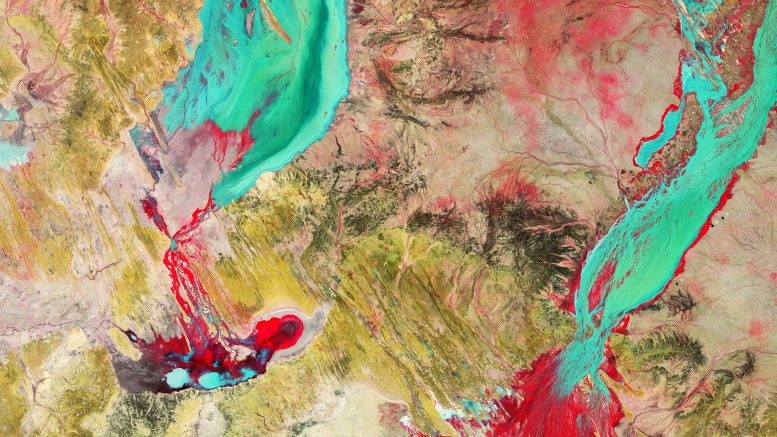
(Click image for full view.) Southwest Queensland, Australia captured shortly after the cyclone hit, on April 5, 2019. Credit: Contains modified Copernicus Sentinel data (2019), processed by ESA, CC BY-SA 3.0 IGO
This image, captured by the Copernicus Sentinel-2 mission, takes us over part of Channel Country – a pastoral region located mostly in southwest Queensland, Australia. The name derives from the many intertwined rivers and channels that cut across the 155 000 sq km (60,000 sq mi) region during times of high water.
The landscape is mostly arid and includes flat alluvial terrain that is drained by the Georgina, Thomson, Diamantina, and Barcoo rivers. This desert region usually becomes lush with greenery after periods of flooding, and the land is used for cattle grazing.
In late March 2019, tropical cyclone Trevor hit northwest Queensland and produced heavy rain as it moved inland. According to the Australian Government Bureau of Meteorology, major flood levels were recorded across the Channel Country catchments.
This false-color image, captured shortly after the cyclone hit, on April 5, 2019, was processed in a way that included the near-infrared channel – which makes vegetation appear bright red. Mud and sediments in the waters of the Georgina and Diamantina Rivers and the other smaller channels can be seen in cyan. Desert, bare soil, and rocks are visible in shades of green.
Flooded waters then usually empty into the Lake Eyre Basin (not visible), one of the driest areas in Australia.
In the bottom left of the image, the Lake Machattie area is visible. Covering an area of around 900 sq km, the area comprises three freshwater lakes: Lake Machattie, Lake Mipia, and Lake Koolivoo, and two nearby floodplains. The region is a designated Important Bird and Biodiversity Area by Birdlife International as it has supported over 300,000 water birds.
The 5 June marks World Environment Day, which aims to raise awareness and take action on urgent environmental issues. World Environment Day 2020 calls for urgent action to protect biodiversity.
Copernicus Sentinel-2 is a two-satellite mission to supply the coverage and data delivery needed for Europe’s Copernicus program. The mission’s frequent revisits over the same area and high spatial resolution allow changes in inland water bodies to be closely monitored.

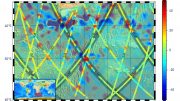
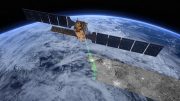
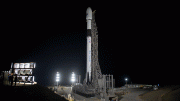
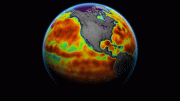
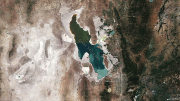
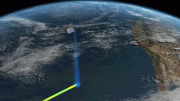
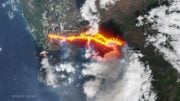
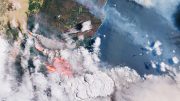
Be the first to comment on "Earth From Space: Colorful Queensland, Australia"